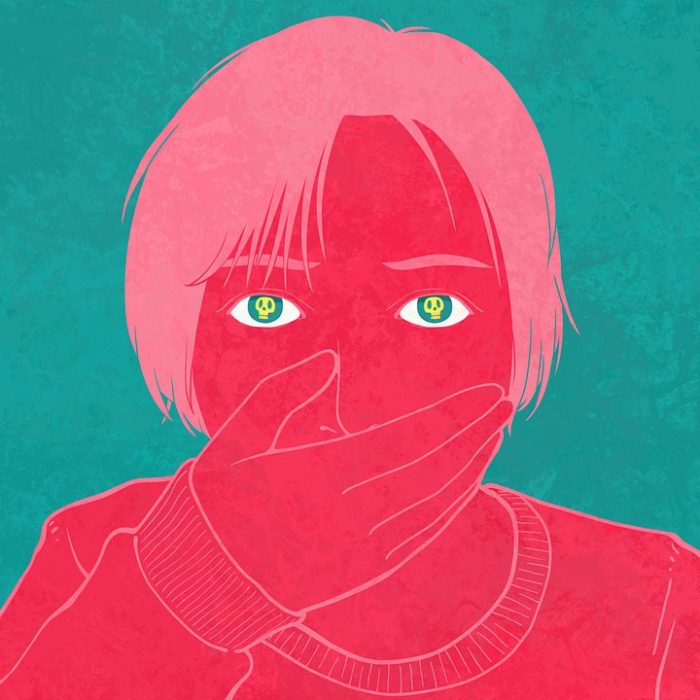The end of situational ethics: bridging the gap between knowledge and wisdom.
Sadly, studies have shown that over 50 percent of people would cheat on their marital partner if they knew they wouldn’t get caught, over a million taxpayers fudge on their taxes annually, and 64 percent of employees feel pressure at work to do whatever it takes to meet company or personal goals.
Smaller by comparison are the more commonplace ethical transgressions, such as accidentally denting a car door in a parking lot and not leaving contact information, cutting someone off on the freeway to get ahead, downloading illegal free movies or music, or taking credit for work someone else has accomplished.
It’s actually the daily “small” choices that come to be the most numerous meanders off our ethical pathways. These and so many others are the important decisions in an actively ethical life. The problem is that failing to make correct ethical choices in the small stuff, we learn to rationalize that harm with increasingly poor ethical choices about the big stuff.
While high profile cases of illegal and unethical decisions grab the headlines, America’s moral compass spins more from the negative energy of the millions of commonplace choices we make every day.
It may seem a bit ethically counterintuitive, but we often make bad choices we rationalize as good the same way the high profilers do.
Face it, no corporate executive walks into their boardroom and asks for a show of hand about scamming the consumer. They make immoral decisions and then, like us with the little stuff, rationalize the choice as a good one. The bottom line: little or big, bad choices harm others and they are easy to miss.
Here are three tips for understanding the ethics in every choice that affects others.
Ethics are best understood when they are personalized.
People often become conflicted in situations demanding an ethical decision. What helps in making the choice? Personalize it!
For example: if you dent a stranger’s car door in the parking lot, don’t think of them as a stranger. Instead, ask yourself, “What if this was my best friend’s or my sister’s car?” Or, what if you returned to your own car and saw it dented or scratched by some anonymous, bad driver? Don’t we all wish the perpetrator had identified their responsibility to us? The ability to practice “right” when it involves those we know, and “wrong” against those we don’t, means our ethics only protect those we already care for. If that’s true, no stranger should ever do a good deed for us either. So much for the Good Samaritan or being of service to others.
Ethics bridge the gap between our knowledge and our wisdom.
Knowledge isn’t wisdom; how someone uses their knowledge is an indicator of their wisdom. Wisdom is making the right choice, sometimes despite the knowledge we have. Ethics are the bridge between what we know and what we should do about it—between knowledge and wisdom. And true wisdom stands on three strong pillars: our rational intelligence (knowing the right thing to do), our emotional intelligence (feeling right about what we do), and our spiritual intelligence (actually doing right).
Ethics combines empathy and compassion.
You may remember the message in the biblical story of the Good Samaritan: strangers help strangers even in the worst of times. What’s the difference between those who stop to help the beaten man and those who take care of themselves? It is the way they framed their ethical choices. To the selfish, the important question is, “If I stop to help this man, what will happen to me?” To the empathetic and selfless, the important question is, “If I don’t stop to help this man, what will happen to him?” The second question evidences all three pillars of wisdom. Now, that raises some interesting moral questions in our country’s political and racial divides.
What’s the bottom line? Why read another article about the good, the bad, and the waffly?
I offer this humble edict: we can either work together to create a healthy morality and ethics that always treat everyone with equity and justice, or we can keep believing in the situational ethics where some of us are treated more fairly than others some of the time and being treated with compassion and empathy is the luck of the draw. We can either believe we have the capacity to create a world that supports consistent good choice making, or we can continue believing all ethics are arbitrary, and can change from time to time, place to place, and person to person.
I urgently request we live into that former world.
Ethical decisions increase our trustworthiness; unethical choices erode that trust. Since trust is the foundation of all human virtues, our ethics are not philosophical, or about codes or laws, they are at the heart of all our relationships.












Read 0 comments and reply